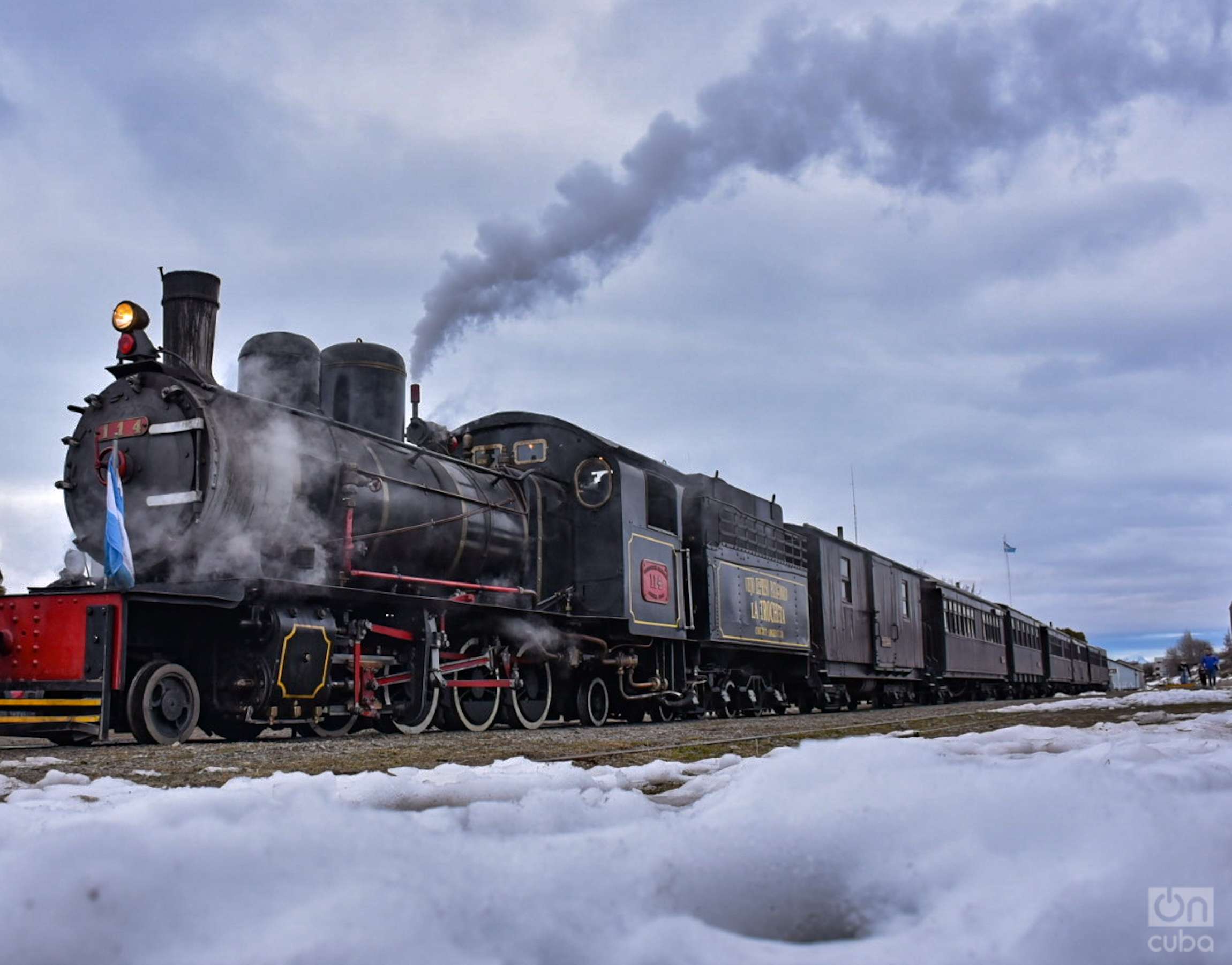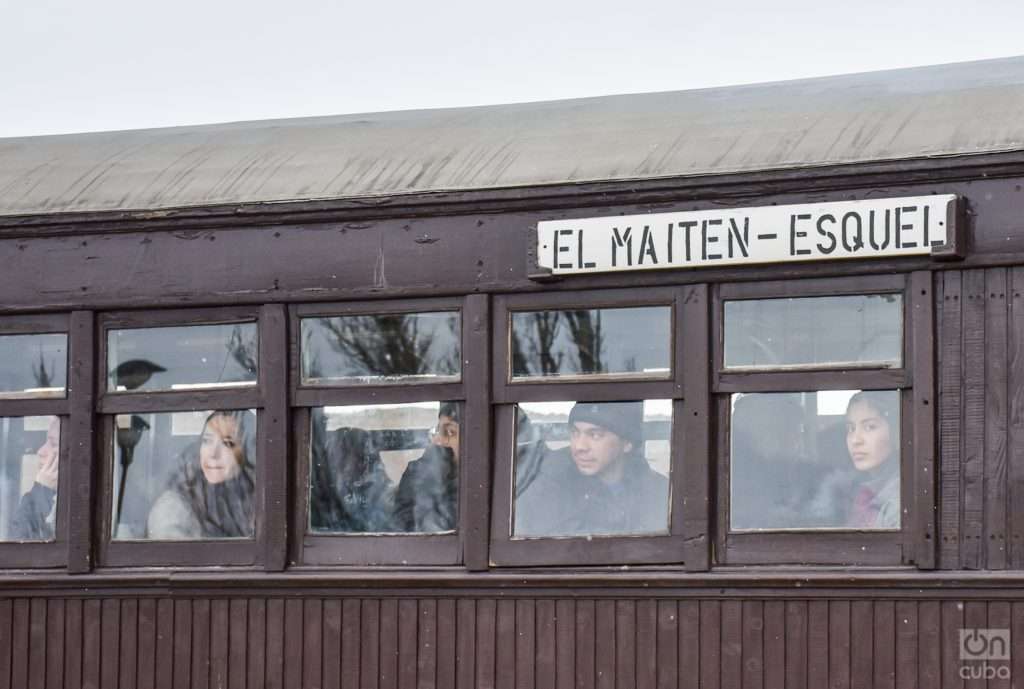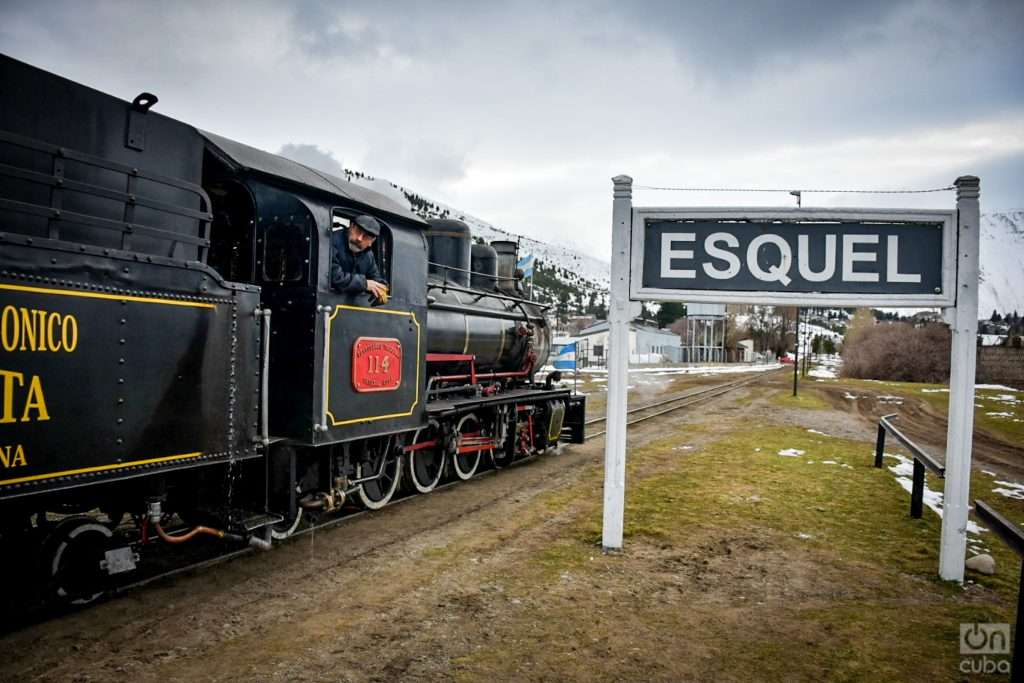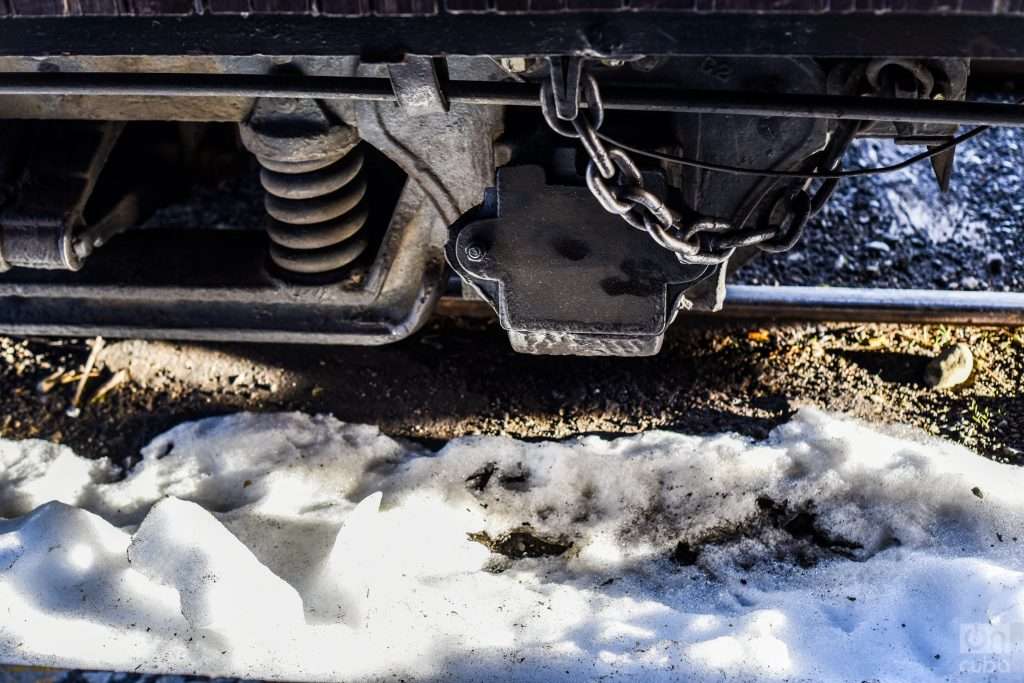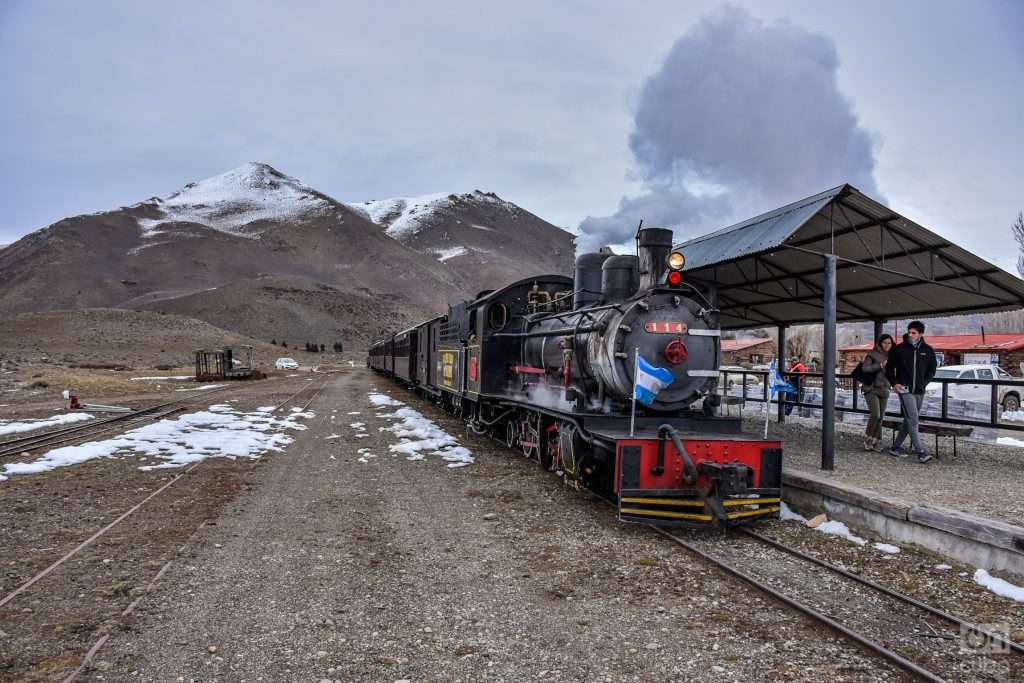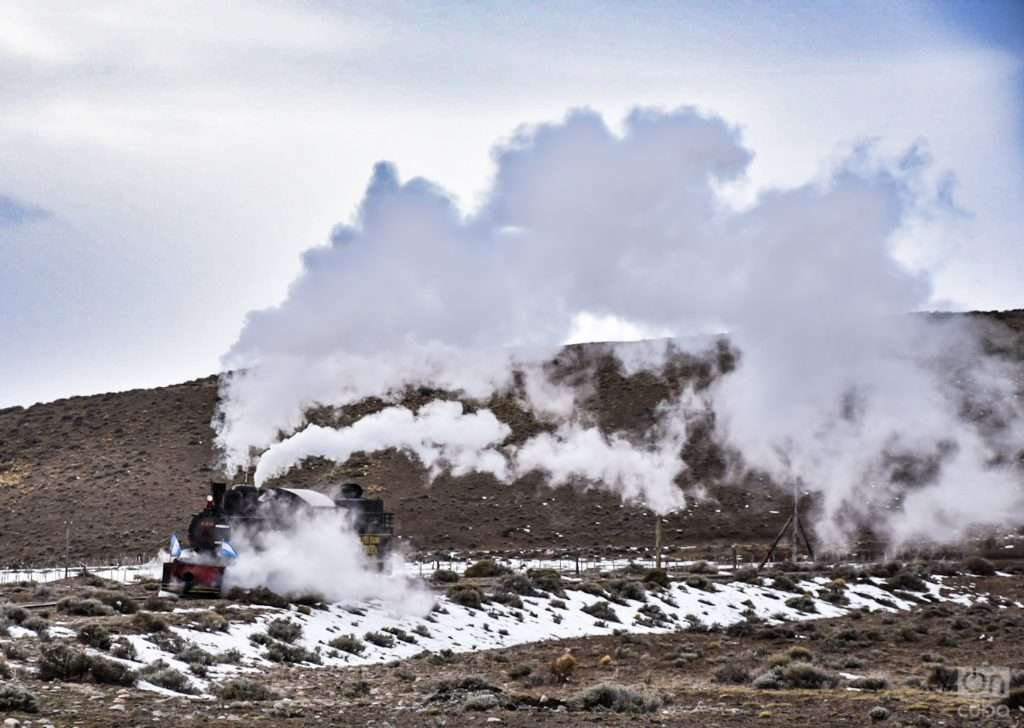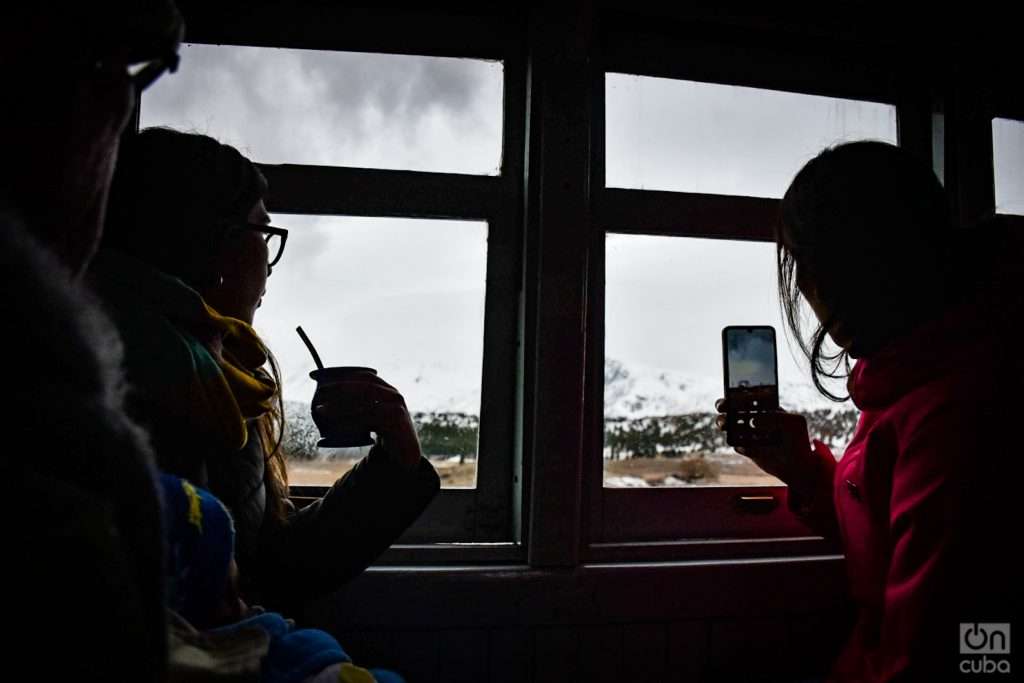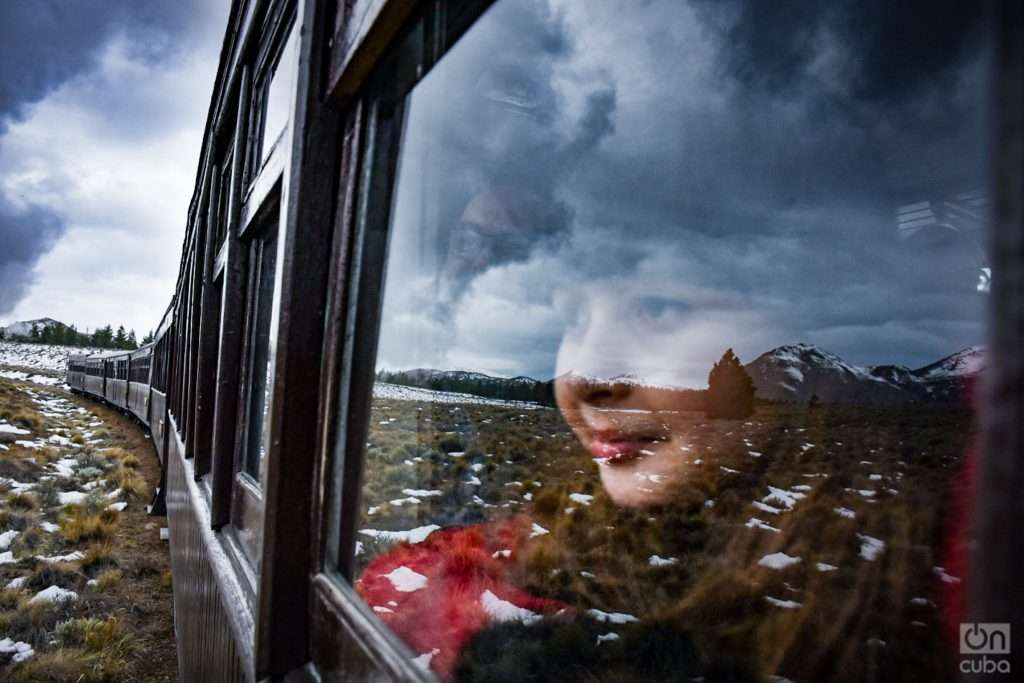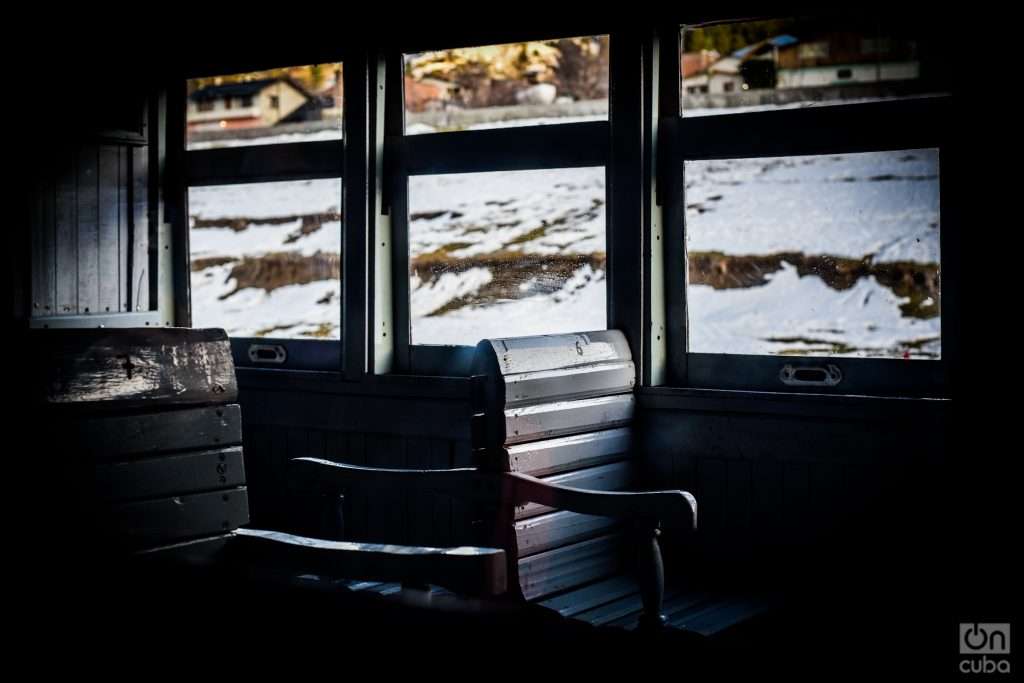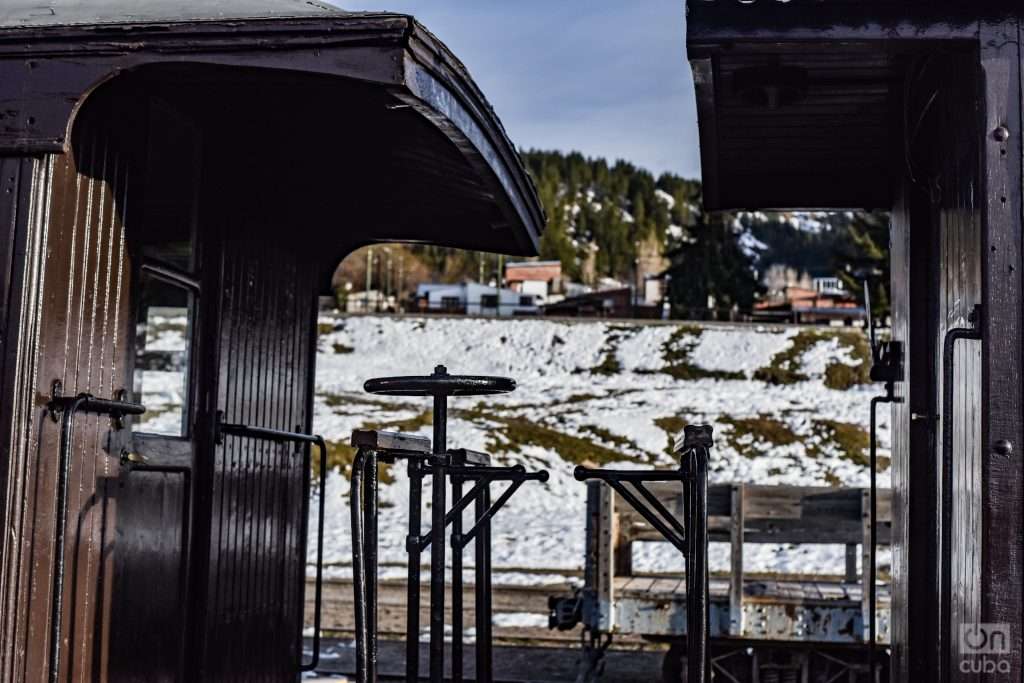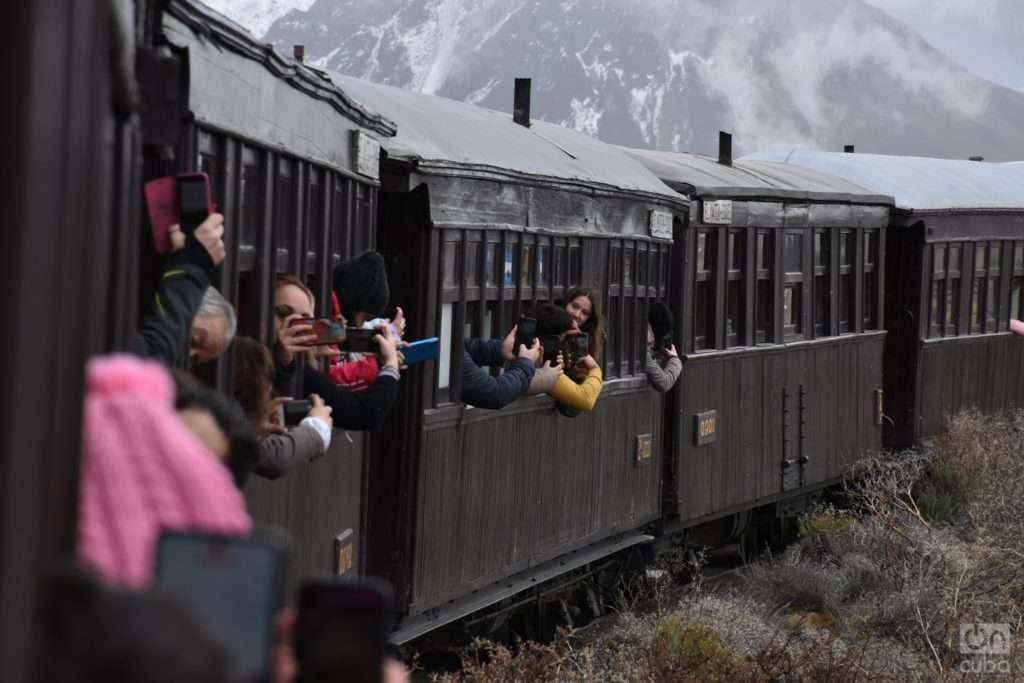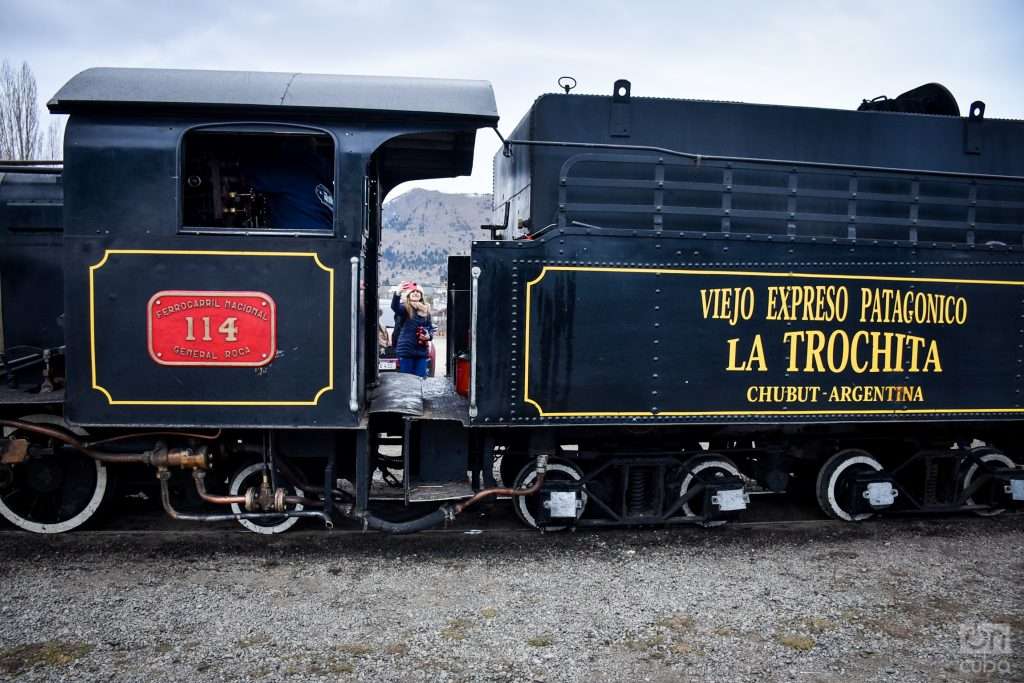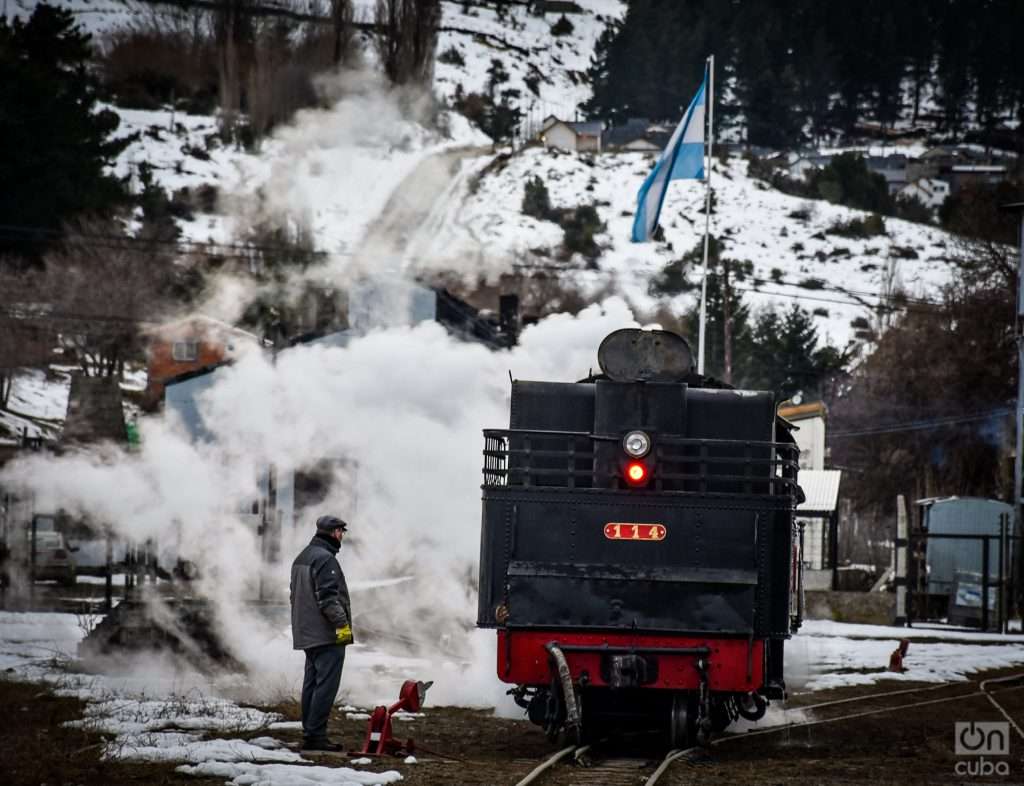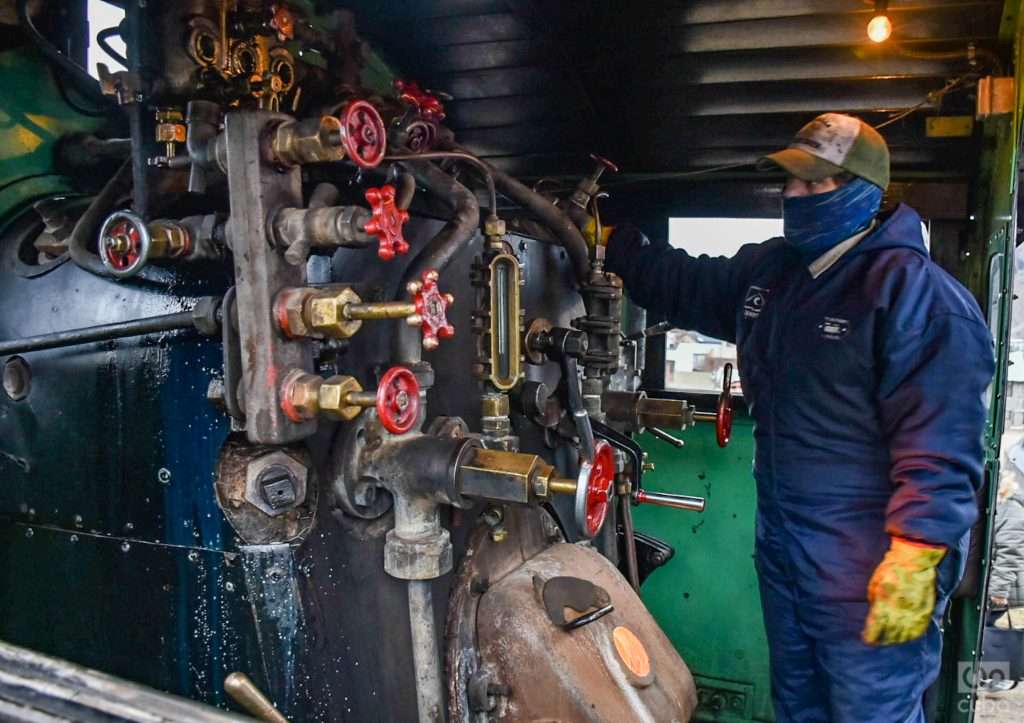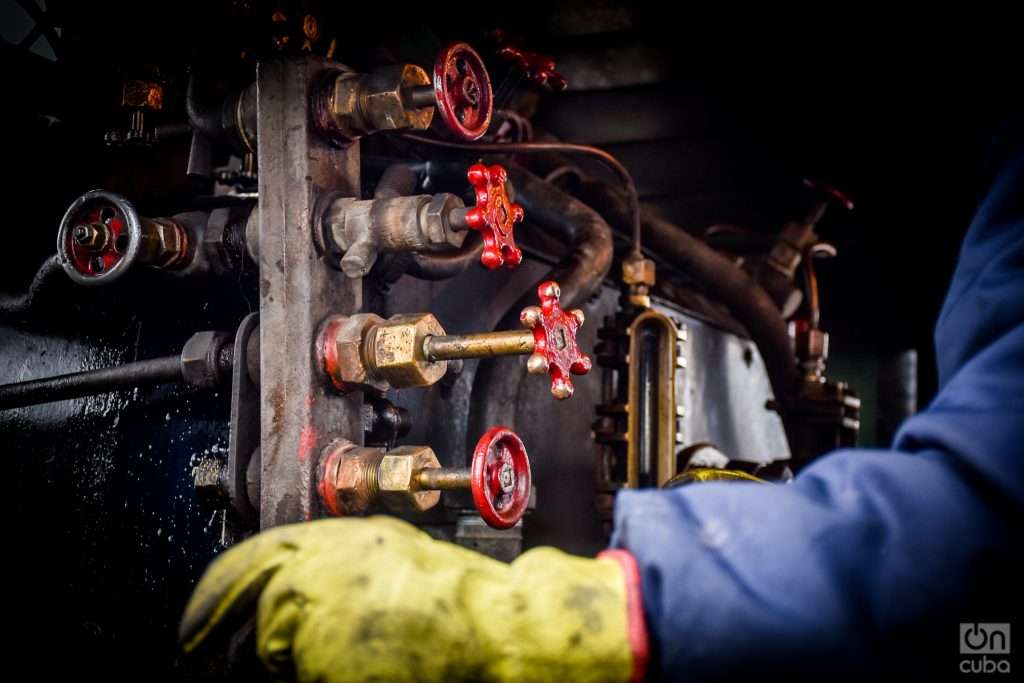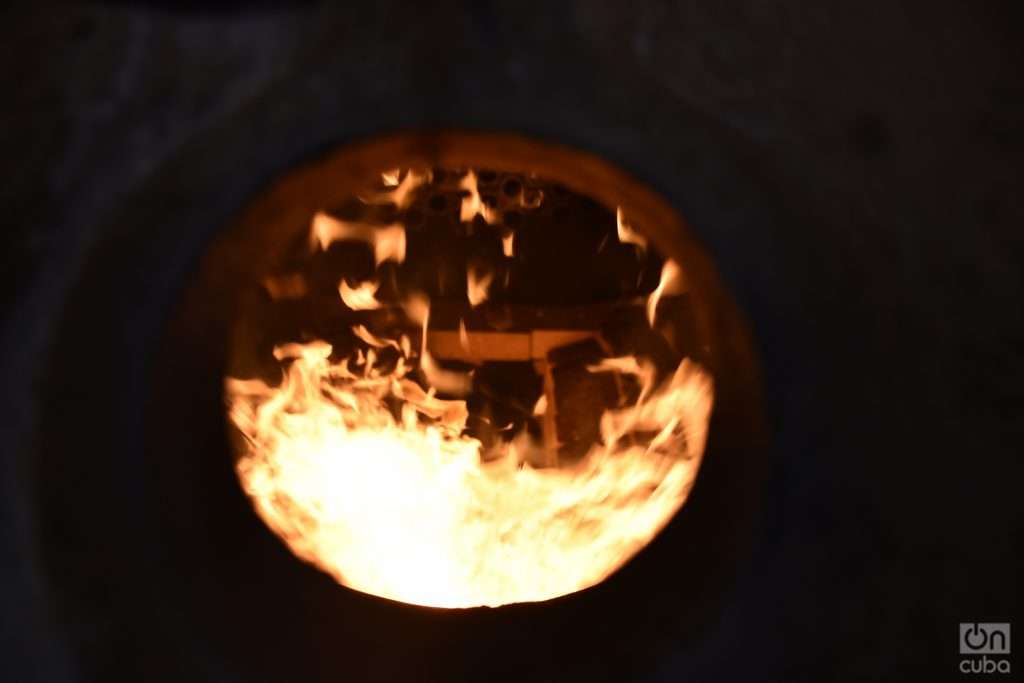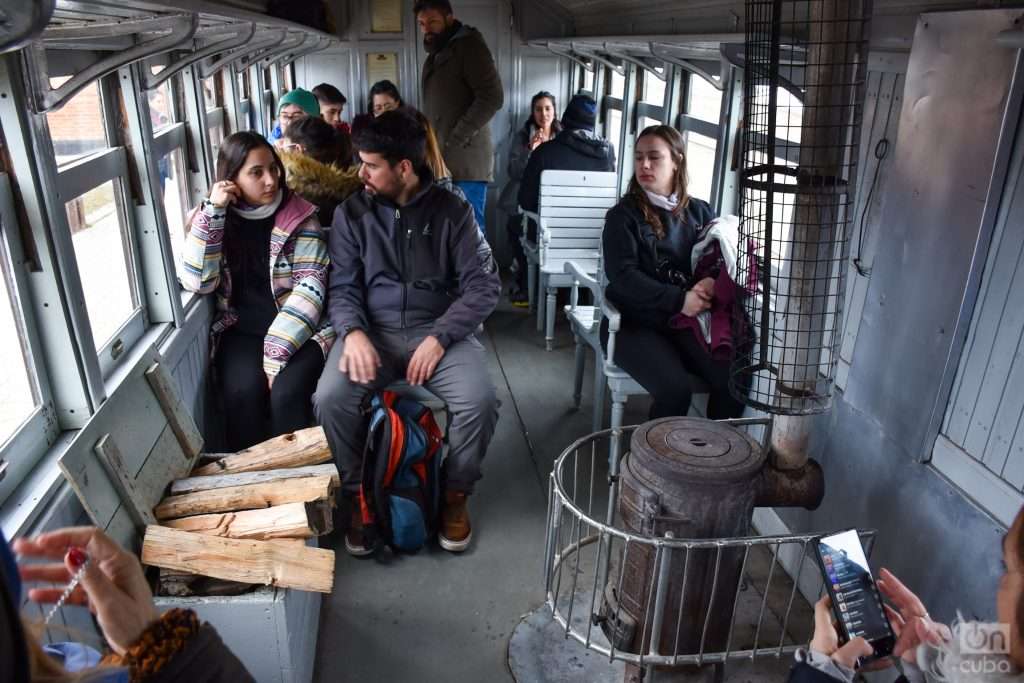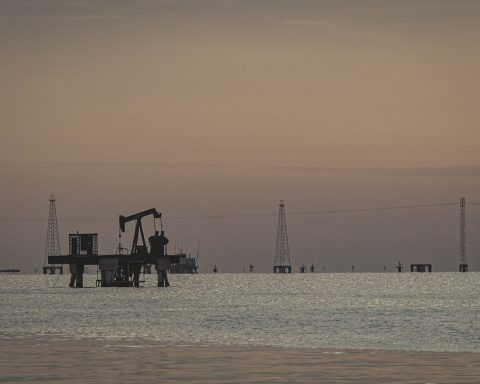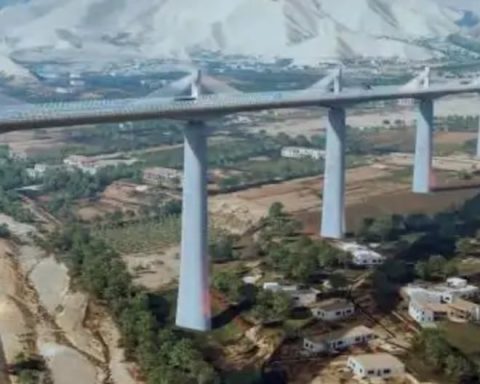The bell of the Esquel station announces the departure of the train. I am aboard a historical relic, with wooden cars and seats and a steam locomotive, manufactured in Germany in 1922. The whistle and a cloud of steam, characteristic symbols of railway identity and imagery, are the starting signals . We embark on a journey along the rails of a mythical railway: the famous Old Patagonian Express, known worldwide as “La trochita”.
The journey takes us to travel a few kilometers through Argentine Patagonia, that extensive region in the southernmost part of South America, where the Andes Mountain Range rises majestically between Chile and Argentina. These roads were laid 75 years ago to unite towns in what was then an inhospitable region, towns such as Ingeniero Jacobacci (Province of Río Negro), El Maitén and Esquel (Province of Chubut).
We walked through the last stretch of 400 kilometers of narrow gauge projected for Patagonia starting in 1920. The work of installing the tracks and their stations took more than two decades. They worked under harsh weather conditions, such as low temperatures and heavy snowfall. Everything was done with a “pick and shovel” or with explosives. They did not count on the intervention of any machinery.
A curious fact is that the gauge, that distance between the internal faces of the rails, is 75 cm. It is a narrow trail compared to the conventional ones. They were implemented during the First World War in short sections to save materials. They were used above all to transport merchandise and weapons. In order to lower costs, it was also implemented in Patagonia. Hence, the “Old Patagonian Express” railway is familiarly known as “La trochita”.
We cross mountain range landscapes that are so unique at this time, —winter in the southern hemisphere— where the white of the snow contrasts with the brown color of the earth and the green-yellow of the grasslands. But in this story the most captivating, where all eyes and photographs are focused, is the six-wheeled locomotive brand Henschel & Sohn GMBH.
For this undertaking, these 0.75 cm gauge steam locomotives were purchased a century ago. Likewise, from Philadelphia, United States, around the same time, 25 locomotives of the brand also arrived in the south of Argentina. The Baldwin Locomotive Works.
The steam locomotive was a milestone in mechanical engineering and a true revolution in the automotive industry. In 1802 the English engineer Richard Trevithick built and then started the first of these machines. It was the only traction machine on the railways for 150 years until, in the mid-20th century, they were replaced by diesel locomotives and later by electric ones.
At first glance this locomotive, which weighs five tons, is a large jumble of openwork iron. But inside it treasures a complex structure. It has a large boiler fed by water. When it reaches boiling temperature and vaporizes, this hot air comes out through valves and alternately drives two pistons. These pieces move connecting rods that turn the wheels. The locomotive is powered by the action of steam. The genius was discovering that thermal energy can be converted into mechanical energy. The stoker is the person in charge of regulating the pressure of the boiler. He has to watch over the fire in the hearth. This is the name of the part where the fire that heats the boiler is made. At first the home was supplied with coal. Then these locomotives were adapted to fuel oil and later to gasoil.
For his part, the driver is the one who does all the maneuvers between keys and brakes to drive the train. He is also responsible for, when the locomotive starts moving, manually opening some keys to release the condensed water. That’s the famous cloud of vaporized water that comes out from under the front of the locomotive; an iconic image where it seems that it bellows.
There are few steam locomotives in the world that are still in operation. Since they stopped being manufactured so many years ago, it becomes more and more difficult to obtain spare parts or specialized personnel. Because of this and the love of preserving these relics, mechanics and engineers jealously guard the manufacturing plans that came with the machines a century ago. This has made it possible to know in detail each screw, nut, cylinder, connecting rod… in short, the entire complex gear and pass that secret from generation to generation so that the parts can be manufactured in small workshops and, furthermore, give the locomotive the maintenance required. The same happens with drivers and stokers. It is a generational job.
Outside the train there are minus 7 degrees of wind chill. Inside, in the old wagon that transports us, there is some warmth thanks to a salamander installed in the middle that feeds the wood fire. The seats are wooden, uncomfortable and narrow. The speed of the train does not exceed 45 kilometers. We only travel 18 kilometers round trip. It took us two hours. But a trip like this, but between town and town, used to last many hours. And travel the 400 kilometers of this railway for several days. Now, in 2022, this train is a rolling museum, carrying tourists who come from many parts of the planet to feel the unique experience of traveling exactly like 200 years ago.
